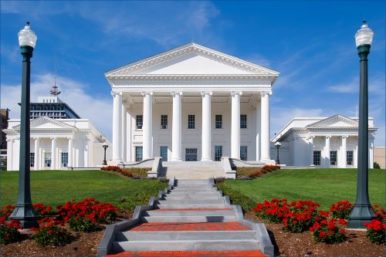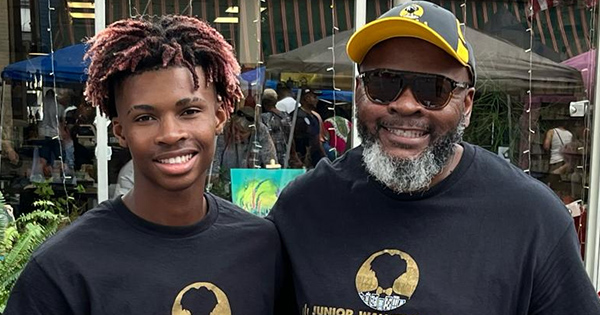Will PPP Loans Continue to Impact Black Businesses?
Last week, the Virginia the General Assembly approved legislation to allow businesses across the commonwealth to deduct up to $100,000 of forgiven PPP (Payback Protection Loans) from state taxes. According to VPM.org, the federal government supported approximately 130,000 loans, providing more than $14 billion dollars to businesses to help them maintain payroll flexibility.
Unfortunately, as is often the case, many Black businesses were left behind.
Joseph Parilla of the Brookings Institute said this was the case because the loans were provided via traditional lending firms.
“To move capital at a very large scale very quickly, the Small Business Administration and the Treasury and [Congress] decided to work through traditional banks,” Parilla said during an interview with VPM. “It disfavored much smaller small business, what we would call microbusinesses, those with fewer than 10 employees, nonemployer businesses and Black or Hispanic-owned businesses.”
According to the SBA, Black-owned businesses are about 5 times more likely to be non-employer firms than white-owned businesses. They’re also far more likely to be smaller firms. This impacts their ability to receive loans because due to bank consolidation over the past decade, thus reducing operating expenses. As a result, banks are less likely to distribute smaller loans due to a lower profit margin.
However, finances weren’t the only reason Black-owned businesses were denied loans. “There appears to be, based on studies in Washington, D.C., outright lending discrimination by race,” Padilla said in an interview with VPM. “[They] found that Black business owners who had the same or similar application profiles to white business owners were more likely to be denied PPP loans by financial institutions.”
Along with business partner Sifan Liu, Parilla’s research focused on how long it took businesses to get PPP loans. They found that small businesses in majority-minority neighborhoods had to wait one week more on average than those from majority-white neighborhoods.
Chris Wodicka, a senior policy analyst with the progressive Commonwealth Institute for Fiscal Analysis, worries that by allowing businesses to deduct forgiven PPP loans, the state is doubling-down on a program widening racial disparities.
“Only some businesses received PPP loans to begin with, and we know that many struggling small businesses were left out of that process,” he said. “We know that that is particularly the case for businesses owned by people of color.”
While applications for more PPP loans are being sent to the federal government, the disparities will continue to grow as to who receives them.



